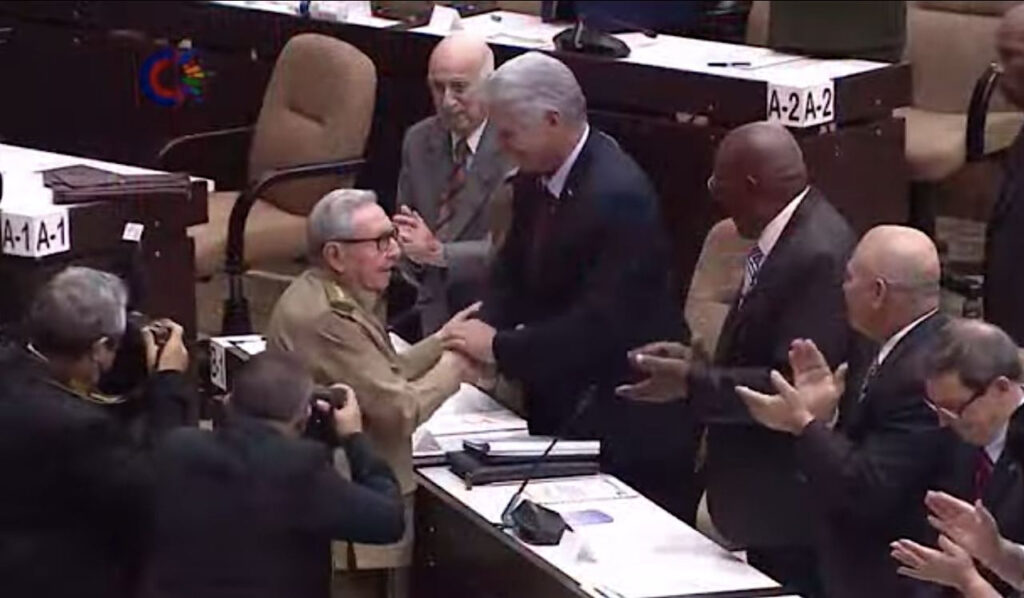Raúl Castro himself admitted that the regime is in no hurry to “eliminate the excess of secrecy”

14ymedio, Havana, 19 July 2024 — A request from Raúl Castro 15 years ago – “to eliminate excessive secrecy” – was cited as a leitmotiv when drafting the Law on Transparency and Access to Public Information, approved this Thursday in Parliament. The document supports, at least in theory and for the first time in the country’s legal history, the right of Cubans to obtain official information in a “truthful, objective and timely” manner.
This right is part of the Constitution – it is prescribed in articles 53, 97 and 101 – but until now it has been ignored by the State. The complaint about the lack of information has even reached the official press, which has lamented that the authorities are secretive when it comes to offering data and figures to support the news.
The emblematic case last year was the number of femicides. At least two official newspapers – Girón and Escambray – described the difficulties in addressing the issue when no authority provides the total number of women victims of gender-based violence.
The also official newspaper Invasor, for its part, was much more direct in describing the State’s “inventory of silences” and invoked – for not being able to offer truthful information – the Communication Law, approved in 2023, “given that ministries, business groups and agency directorates had parceled out at their convenience who, how, when and what to say.”
This right is part of the Constitution – it is prescribed in articles 53, 97 and 101 – but until now it has been ignored by the State.
Supposedly the law – explained this Thursday by the Minister of Science, Technology and Environment, Eduardo Martínez Díaz – is supposed to oblige “the organs of the State and others responsible fo


